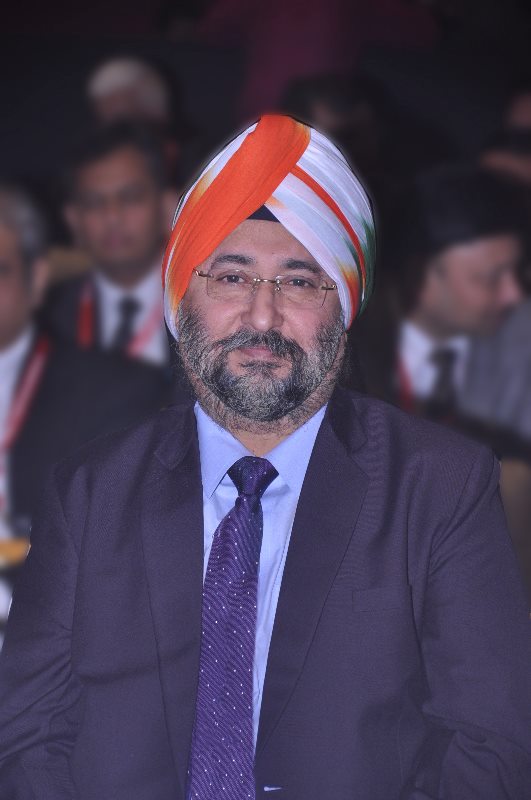| Article Section | ||||||||||||||||||||||||||||||||||||||||||||||||||||||||||
UNION BUDGET |
||||||||||||||||||||||||||||||||||||||||||||||||||||||||||
|
||||||||||||||||||||||||||||||||||||||||||||||||||||||||||
UNION BUDGET |
||||||||||||||||||||||||||||||||||||||||||||||||||||||||||
|
||||||||||||||||||||||||||||||||||||||||||||||||||||||||||
UNION BUDGET INDIA'S FIRST BUDGET The Budget was first introduced in India on April 7, 1860 when Scottish economist and politician James Wilson from East India Company presented it to the British Crown. Independent India's first budget was presented on November 26, 1947 by the then Finance Minister R K Shanmukham Chetty. Definition: According to Article 112 of the Indian Constitution, the Union Budget of a year, also referred to as the annual financial statement, is a statement of the estimated receipts and expenditure of the government for that particular year. Description: Union Budget keeps the account of the government's finances for the fiscal year that runs from 1st April to 31st March. Union Budget is classified into Revenue Budget and Capital Budget. Revenue budget includes the government's revenue receipts and expenditure. There are two kinds of revenue receipts - tax and non-tax revenue. Revenue expenditure is the expenditure incurred on day to day functioning of the government and on various services offered to citizens. If revenue expenditure exceeds revenue receipts, the government incurs a revenue deficit. Capital Budget includes capital receipts and payments of the government. Loans from public, foreign governments and RBI form a major part of the government's capital receipts. Capital expenditure is the expenditure on development of machinery, equipment, building, health facilities, education etc. Fiscal deficit is incurred when the government's total expenditure exceeds its total revenue. MOST NUMBER OF BUDGETS Former Prime Minister Moraraji Desai holds the record of presenting the most number of budgets in the history of the country. He had presented 10 budgets during his stint as finance minister during 1962-69, followed by P Chidambaram (9), Pranab Mukherjee (8), Yashwant Sinha (8) and Manmohan Singh (6). PAPERLESS Covid-19 pandemic turned the Budget for 2021-22 was paperless - a first in Independent India. Finance Minister Nirmala Sitharaman Tuesday 1st Feb. 2022 presented the Union Budget 2022-23 in Parliament. In five big infrastructure projects, the government has proposed expanding highways in the country by 25,000 kilometres, allocating ₹ 60,000 crore to the Nal se Jal scheme, five river link projects across various states, an additional ₹ 48,000 crore in the PM housing scheme, and boosting infrastructure development in the North East. Highlights of Budget 2022 Income Tax
Key-highlights of GST Proposals in Finance Bill 2022
Exemption of amount received for medical treatment and on account of death due to COVID-19 - Amendment of section 17 and section 56 of Income tax Act Section 56 Clause (x) of sub-section (2) of the Income-tax Act, 1961 provides that where any person receives, in any previous year, from any person or persons any sum of money, without consideration, the aggregate value of which exceeds fifty thousand rupees, the whole of the aggregate value of such sum shall be the income of the person receiving such sum. However, certain exceptions have been provided in the clause for transaction specified therein - Clause (2) of section 17 of the Act, inter alia, provides the definition of “perquisite”. In a press statement The Finance Ministry dated: 25.06.2021 announced that income-tax shall not be charged on the amount received by a taxpayer for medical treatment from employer or from any person for treatment of COVID-19 during FY 2019-20 and subsequent years . Also in lieu of proving benefit to family members of such taxpayer, income-tax exemption shall be provided to ex-gratia payment received by family members of a person from the employer of such person or from other person on the death of the person on account of COVID-19 during FY 2019-20 and subsequent years. Also, as stated that the exemption shall be allowed without any limit for the amount received from the employer and the exemption shall be limited to ₹ 10 lakh in aggregate for the amount received from any other persons. RECLASSIFICATION NOT SUSTAINABLE UNLESS PROPOSED IN SHOW CAUSE NOTICE In taxation matters the Adjudicating Authority, while making assessment in respect of doubted cases, issues a show cause notice to the assessee indicating the nature of non compliance of provisions of Act and Rules. The show cause notice will also stipulate the date within which the reply should be filed by the assessee. The assessee is to give reply within the time fixed as last date in the show cause notice along with the documents he relied on. On receipt of the reply to the show cause notice, the Adjudicating Authority will adjudicate the case after giving reasonable opportunity of being heard. The Adjudicating Authority cannot travel beyond the show cause notice. This principle is also applicable to the customs matter in reclassification of imported materials.
By: Jasbir Uppal - February 2, 2022
|
||||||||||||||||||||||||||||||||||||||||||||||||||||||||||
| |
||||||||||||||||||||||||||||||||||||||||||||||||||||||||||


